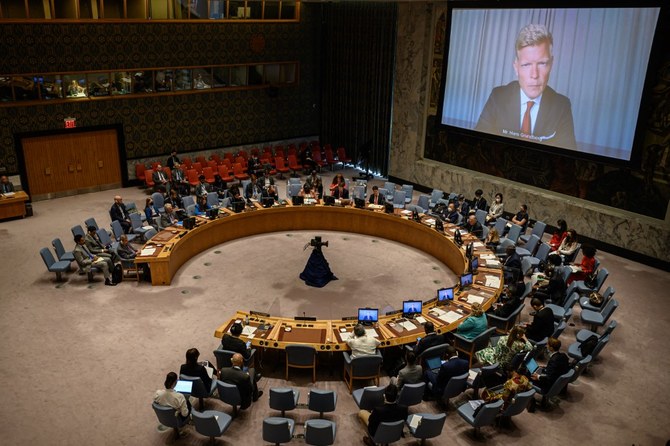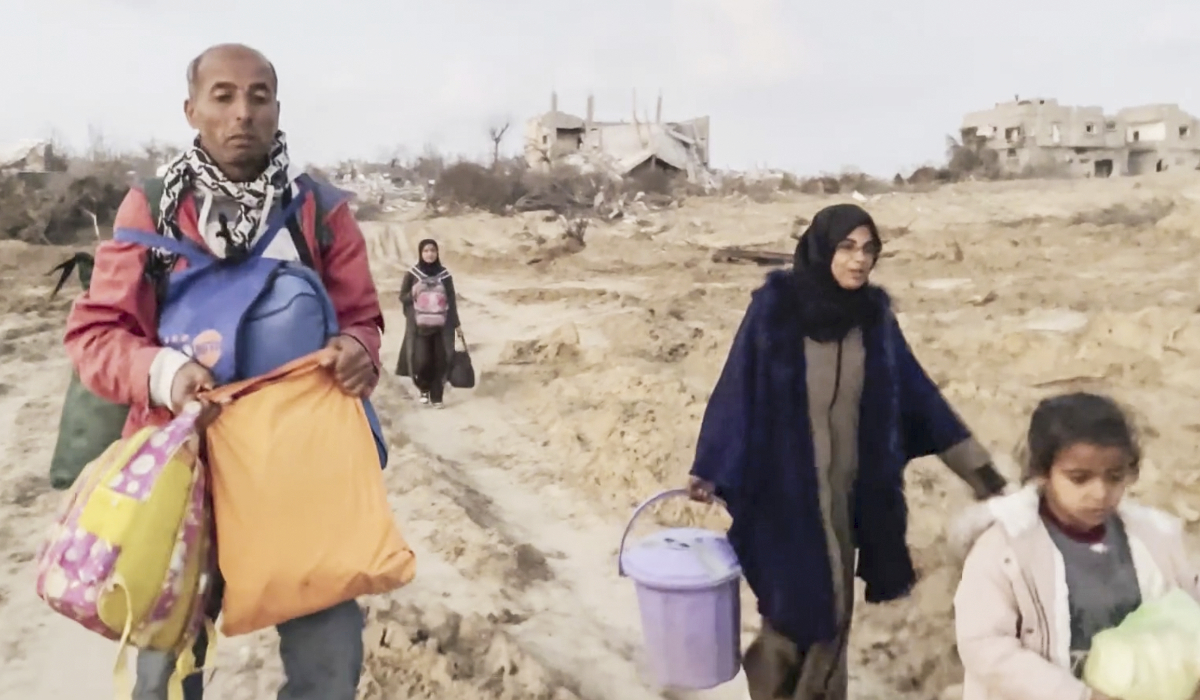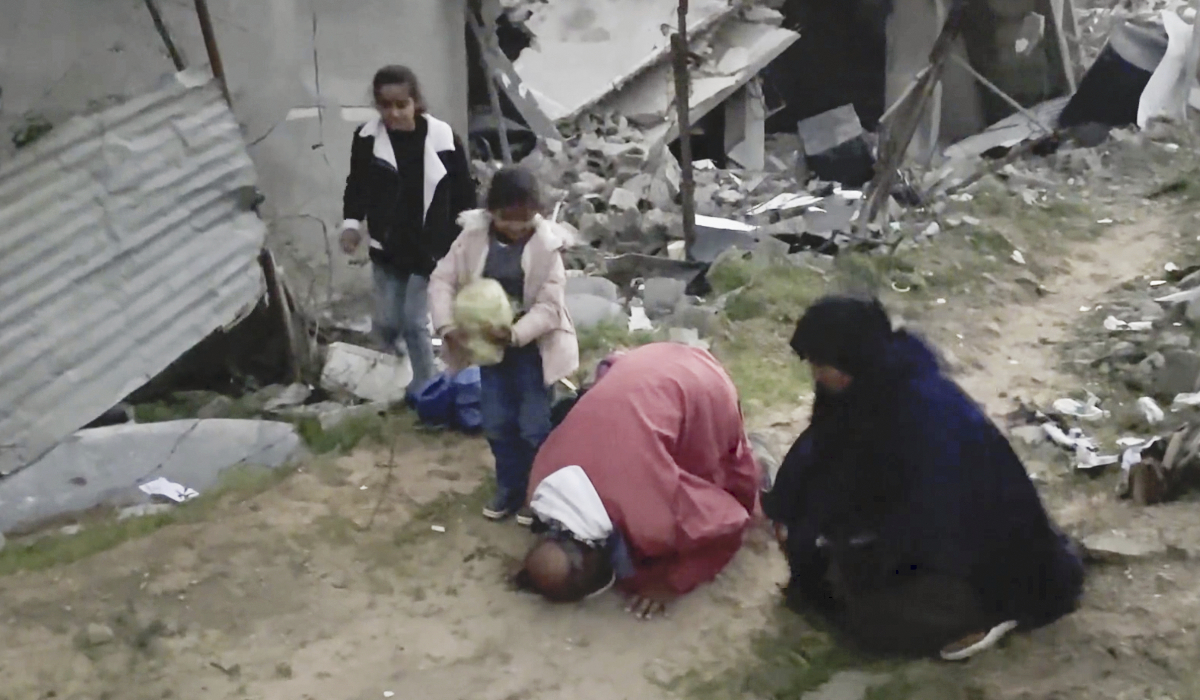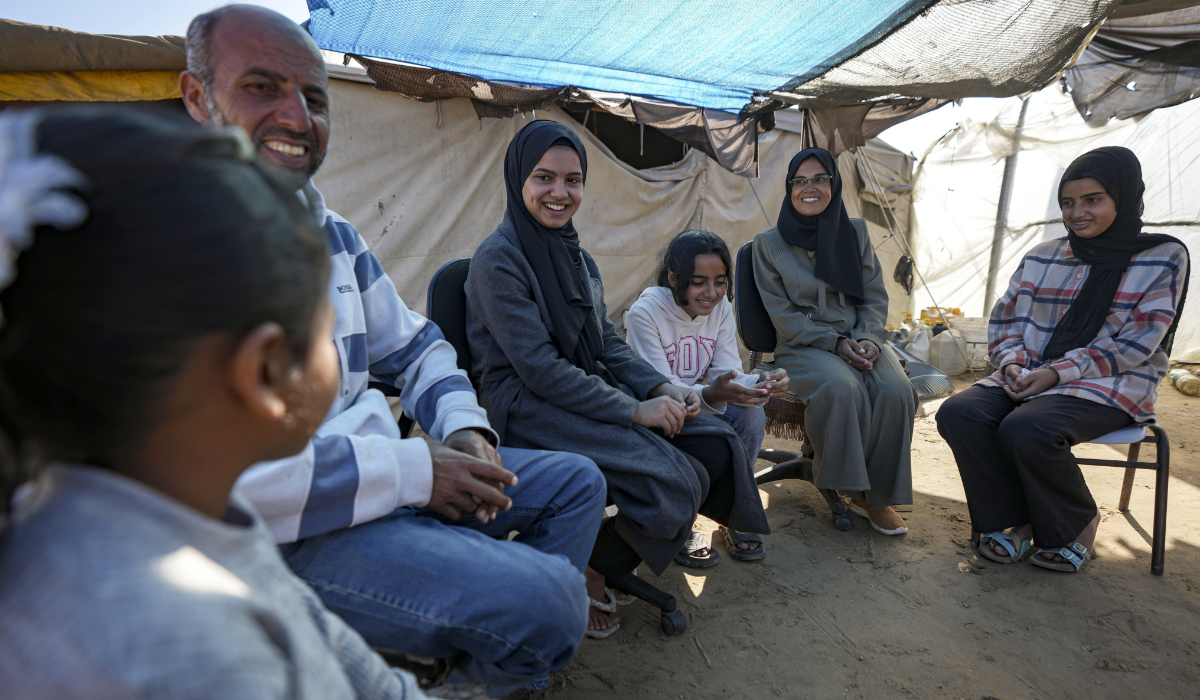NEW YORK: The UN special envoy for Yemen on Wednesday welcomed the recent agreement between Saudi Arabia and Iran to resume diplomatic ties, and said the region is witnessing a “step change in the scope and depth” of talks to end the long-running Yemeni conflict.
In a Security Council meeting on Yemen, Hans Grundberg commended mediation efforts by the Kingdom and Oman, and urged all Yemeni parties to seize the opportunity provided by this “renewed regional diplomatic momentum” and take “decisive steps toward a more peaceful future.”
Saudi Arabia and Iran agreed last week in Beijing to restore diplomatic relations that had been suspended since 2016.
UN Secretary-General Antonio Guterres welcomed the agreement, underscoring the importance of good relations between Iran and the Kingdom “for the stability of the Gulf region.”
Geng Shuang, China’s deputy permanent representative to the UN, said the agreement is “uplifting news for today’s world that is fraught with uncertainties and instability. It has injected a positive element into the peace, stability, solidarity and cooperation landscape of the region.”
Geng expressed hope that the agreement will create conducive conditions for improving the situation in Yemen.
“The Beijing dialogue was a success story of diplomacy,” the Chinese envoy said, vowing that his country will continue its “unwavering efforts toward resolving the Yemeni issue, and maintaining peace and stability in the Middle East.”
US ambassador Jeffrey DeLaurentis also expressed hope that the Saudi-Iranian agreement will contribute to efforts to “secure a durable solution to the conflict in Yemen, address the continued flow of Iranian lethal aid to the Houthis, and ensure Iranian support for a Yemeni political process.
“Efforts to achieve stability in the region are welcome,” DeLaurentis added.
Yemen is experiencing its longest lull in fighting since the April 2022 truce between the Yemeni government and the Houthi militia. However, there have been sporadic clashes since the agreement expired in early October 2022.
Grundberg said the security situation remains fragile, and called on the parties to avoid destabilizing the situation by exercising “maximum restraint” and refraining from escalatory rhetoric.
“With the security situation remaining relatively stable, but no agreement on the way forward, Yemen may seem to be in a precarious political holding pattern. Yet, intense diplomatic efforts are ongoing at different levels to bring the conflict in Yemen to an end,” he said.
He also indicated progress in talks on a prisoner exchange between the internationally recognized government and the Houthis that are co-chaired by the UN and the International Committee of the Red Cross. He urged the parties “to finalize the details of the current phase they have agreed on, including the implementation plan.”
Joyce Msuya, assistant secretary-general for humanitarian affairs and deputy emergency relief coordinator, told council members that the number of people going hungry in Yemen has fallen by 2 million, and the worst cases of hunger have dropped to zero.
She attributed the improvement to the “tireless efforts” of humanitarian workers, the “generous support of donors,” and to the truce itself.
“But we must not rejoice too much,” warned Msuya, “because Yemen remains a staggering emergency.”
She said that 17 million Yemenis depend on aid for survival and protection, amid challenges to access and security, funding shortages and economic problems that are “pushing even more people into destitution.”
Msuya welcomed Houthis’ acceleration of approvals for aid projects in areas they control, but said despite “these rays of light,” the overall picture on access and security remains gloomy.
“In Houthi-controlled areas, Yemeni female aid workers are still unable to travel without male guardians,” Msuya said. “This is causing serious disruptions in the ability of agencies to assist women and girls safely and reliably.”
The humanitarian official called on the Houthis to lift all movement restrictions on aid operations.
She also called for the immediate release of two UN staff who remain in detention in Sanaa following their arrest by the militia in November 2021.
However, Msuya urged donor states to honor their promises at the recent Yemen pledging event and immediately fulfill their pledges, adding that $4.3 billion in humanitarian aid is needed to help 17 million Yemenis.
Mohammed Abushahab, UAE deputy permanent representative, called on the Houthis to “heed the call for peace and genuinely responded to proposals aimed at ending the conflict.”
He added that if militias persist in pursuing their own interests, “we will hold them fully accountable for the continued to plight of the many people.”
The Emirati envoy commended Saudi efforts in providing humanitarian economic and political support to the Yemeni people, and reiterated his country’s backing for the Yemeni Presidential Leadership Council.
Abushahab also called for a halt to “violations of international humanitarian law, and human rights abuses perpetrated by the Houthis against civilians and civilian infrastructure.
“We strongly condemn these violations, which range from attacks on Yemeni ports to the use of blockades and shelling mines, arbitrary detention, torture and enforced disappearance.”
Violations against women and children are of particular concern, he said.
“The Houthis also persist in their indoctrination campaigns targeting children, including through summer camps, and altering public school curricula to include extremist ideology,” Abushahab said.




























